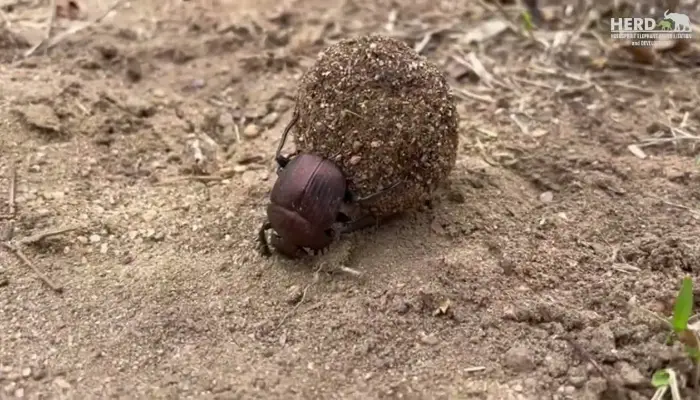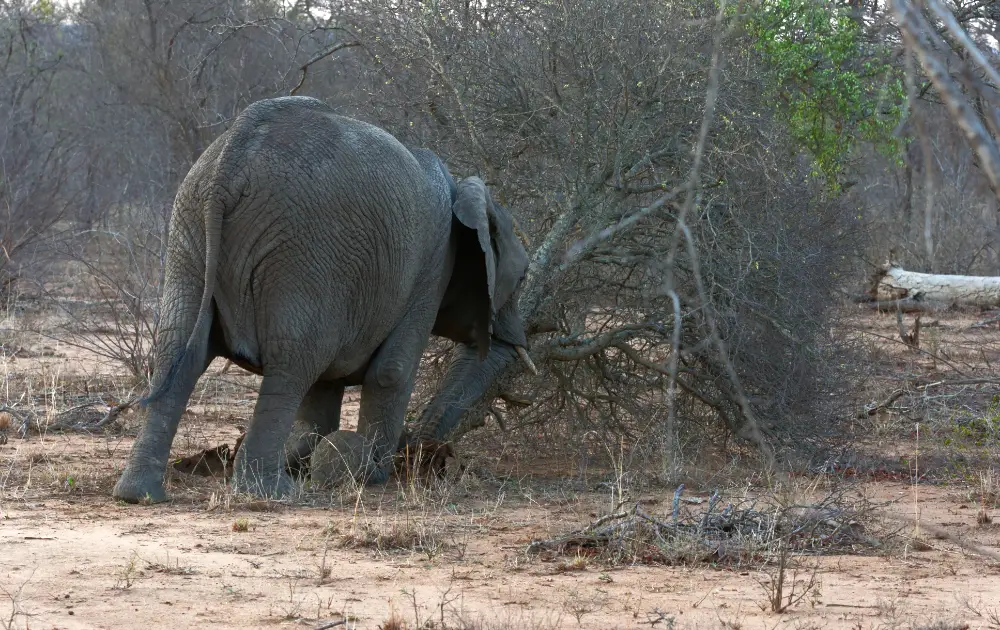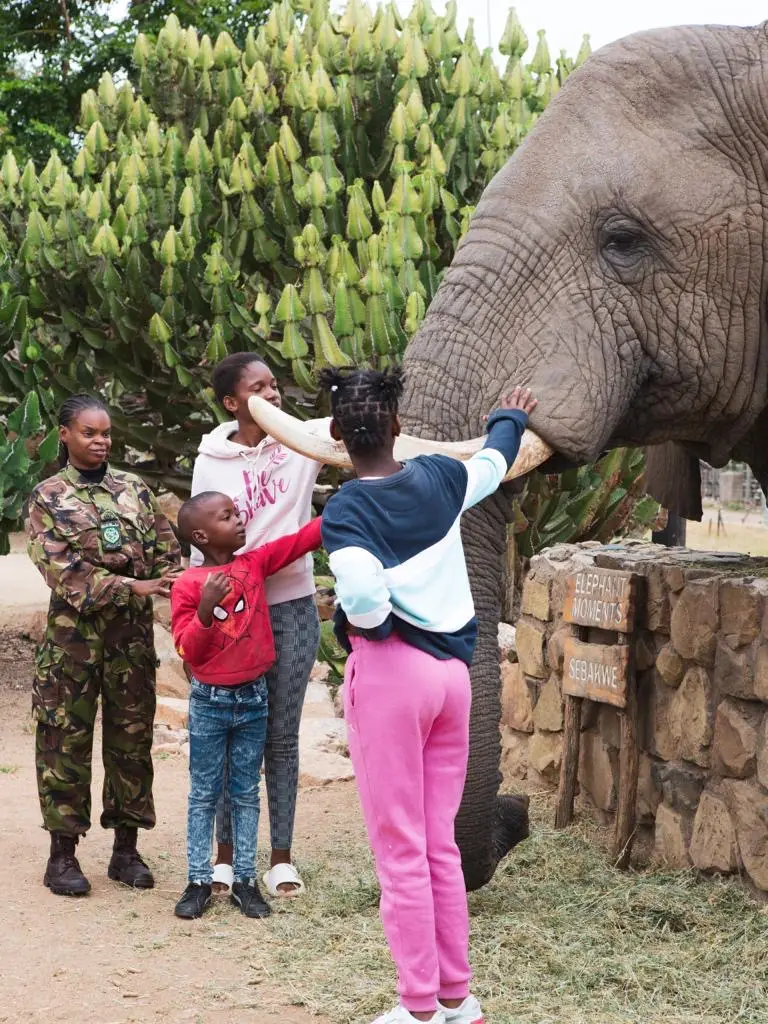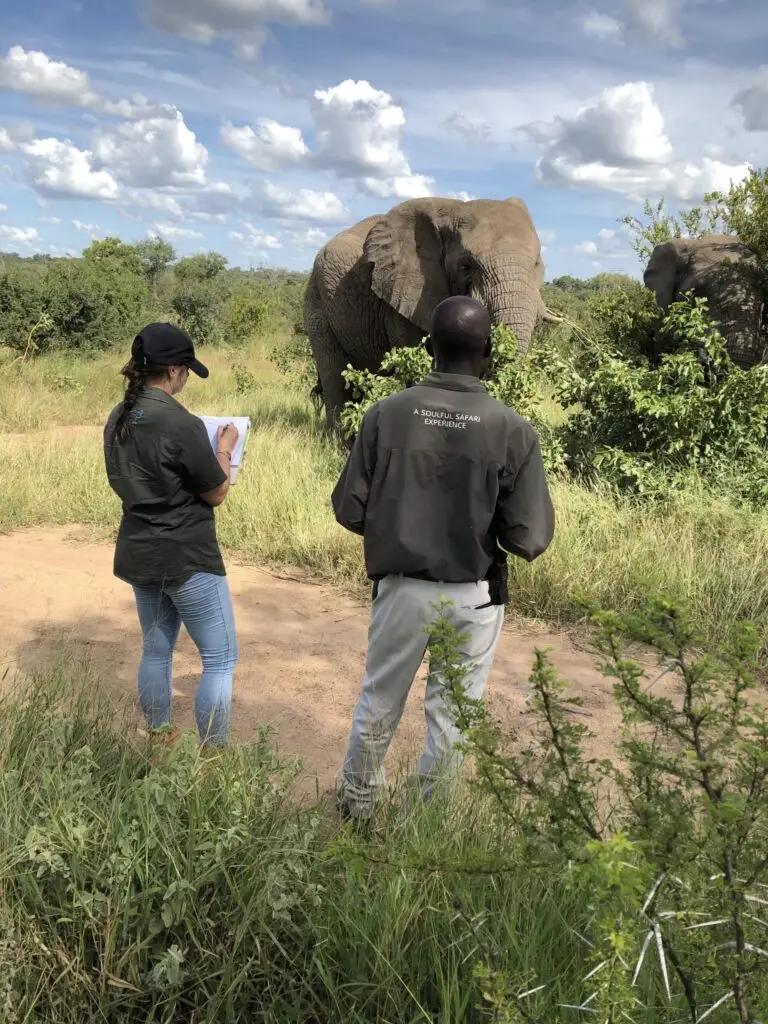Elephant Conservation
Elephants are magnificent creatures, vital to maintaining the ecological balance of their habitats. However, they face numerous threats, including habitat loss, poaching, and human-wildlife conflict. The urgency to protect these gentle giants has never been greater. Here’s how we can contribute to elephant conservation.
Understanding the Importance of Elephants
Elephants play a crucial role in their ecosystems. As keystone species, they help shape their environments in ways that benefit countless other organisms. For example, by knocking down trees, they create open spaces for new plants to grow, which provides food for other animals. Their migratory patterns also help disperse seeds over large areas, promoting plant diversity.


The Threats They Face
Habitat Loss
Rapid deforestation and land conversion for agriculture have drastically reduced the natural habitats of elephants, leading to fragmented populations.
Poaching
Despite international bans, poaching for ivory remains a severe threat. The illegal ivory trade continues to fuel the slaughter of elephants, decimating populations.
Human-Wildlife Conflict
As human populations expand, elephants increasingly come into contact with human settlements, leading to conflicts that often result in the death of elephants and destruction of property.
Strategies for Conservation
Protected Areas
Establishing and effectively managing protected areas where elephants can live and roam safely is vital. These areas need to be large enough to support viable elephant populations and connected by wildlife corridors to prevent genetic isolation.
Conservation Research
Conservation research on elephants is crucial for understanding and protecting these majestic creatures. By studying their behavior, genetics, and habitats, researchers develop strategies to ensure their survival in the wild, combat poaching, and mitigate human-elephant conflicts.
Anti-Poaching Efforts
Strengthening anti-poaching laws and improving enforcement are critical. This includes training and equipping rangers, as well as leveraging technology like drones and satellite tracking to monitor elephant movements and deter poachers.
Community Involvement
Empowering local communities through education and sustainable livelihood projects can reduce human-elephant conflict. Programs that compensate farmers for crop damage and provide alternatives to poaching can help foster coexistence.
Global Awareness and Advocacy
Raising awareness about the plight of elephants and advocating for stronger international protections can drive policy changes and increase funding for conservation initiatives.
Donation agreement with the HERD Trust South Africa
Izindlovu is an official partner of the HERD Trust so all donations received are fully transferred to the Trust in support of the Jabulani elephants and the HERD orphanage.
Moreover, as we are in close contact with the HERD team in South Africa, you will receive a personal thank you certificate when donating to one of the elephants.


